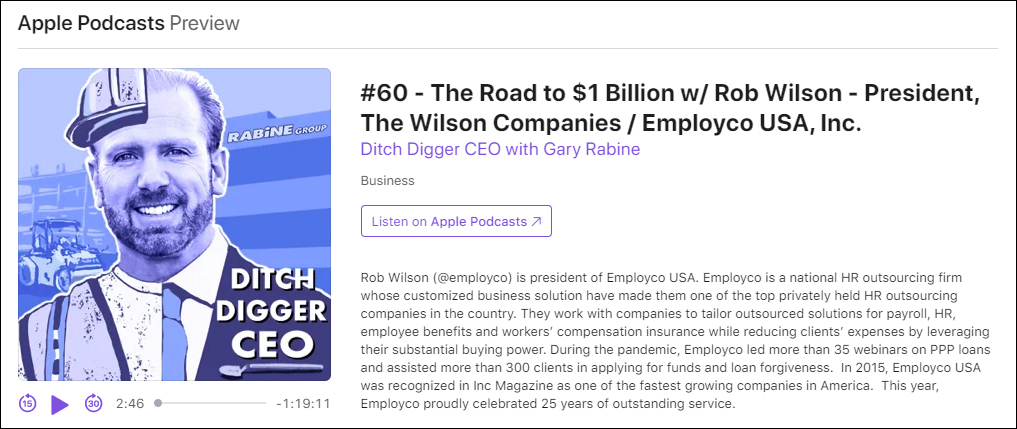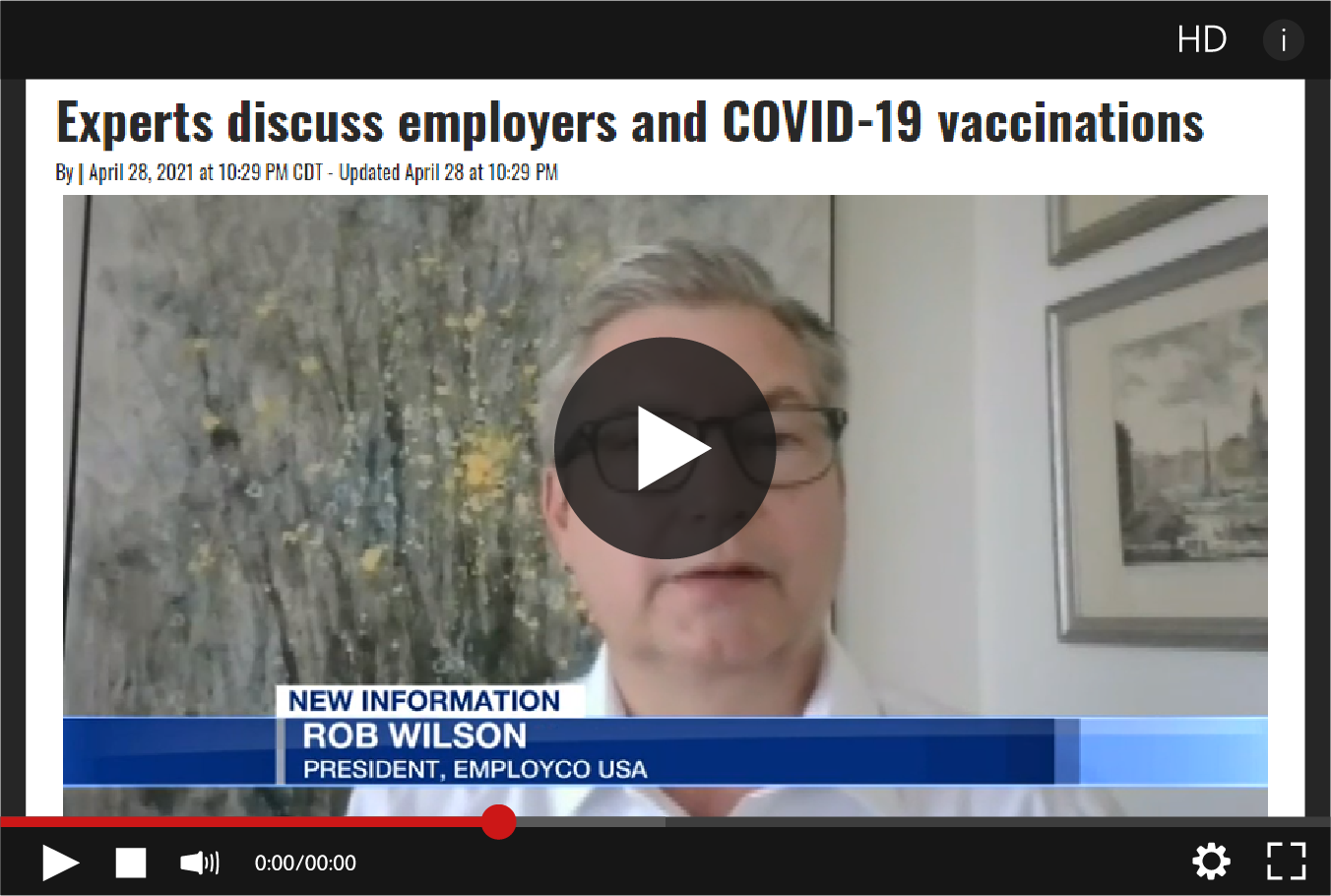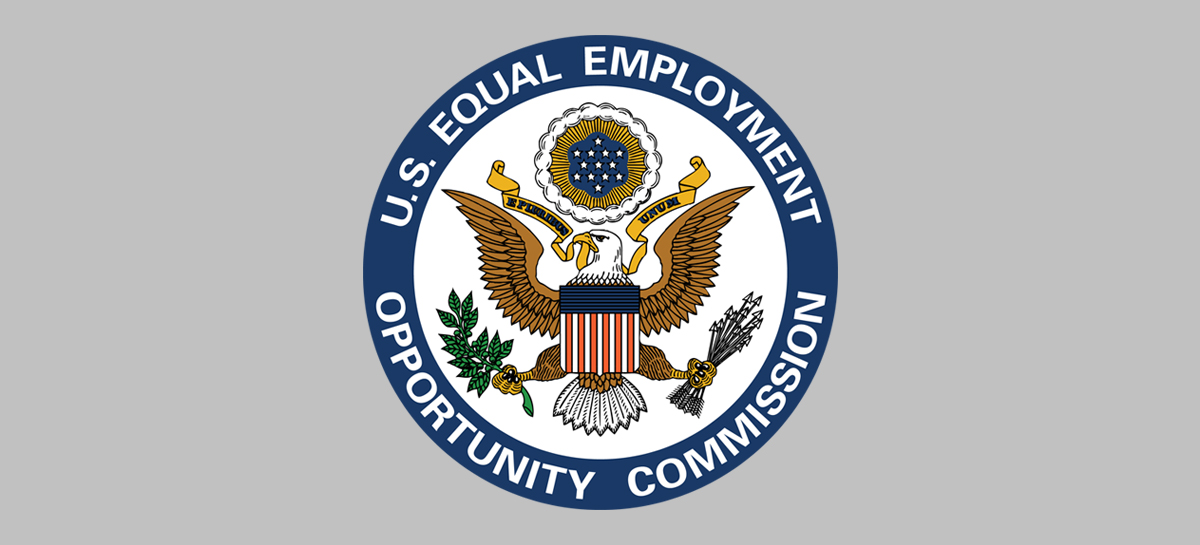
The portal for private-sector employers to submit equal employment opportunity (EEO-1) workforce data from 2019 and 2020 is now open, the U.S. Equal Employment Opportunity Commission (EEOC) announced April 26, 2021. The deadline for submissions is July 19, 2021. This data collection was previously delayed due to the coronavirus pandemic.
EEO-1 Reporting Background – Mandated under Title VII of the Civil Rights Act, the EEO-1 Report is an annual survey that requires certain employers to submit information about their workforces by race or ethnicity, gender and job category by March 31st every year. The EEOC uses the collected data to enforce Title VII’s prohibitions against employment discrimination based on race, color, religion, national origin or sex.


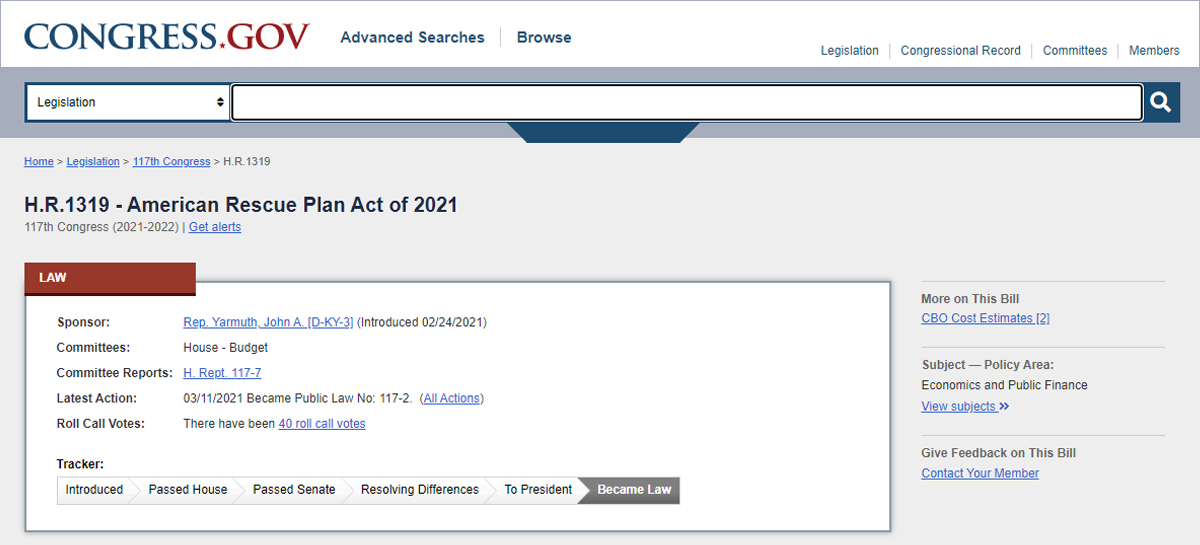
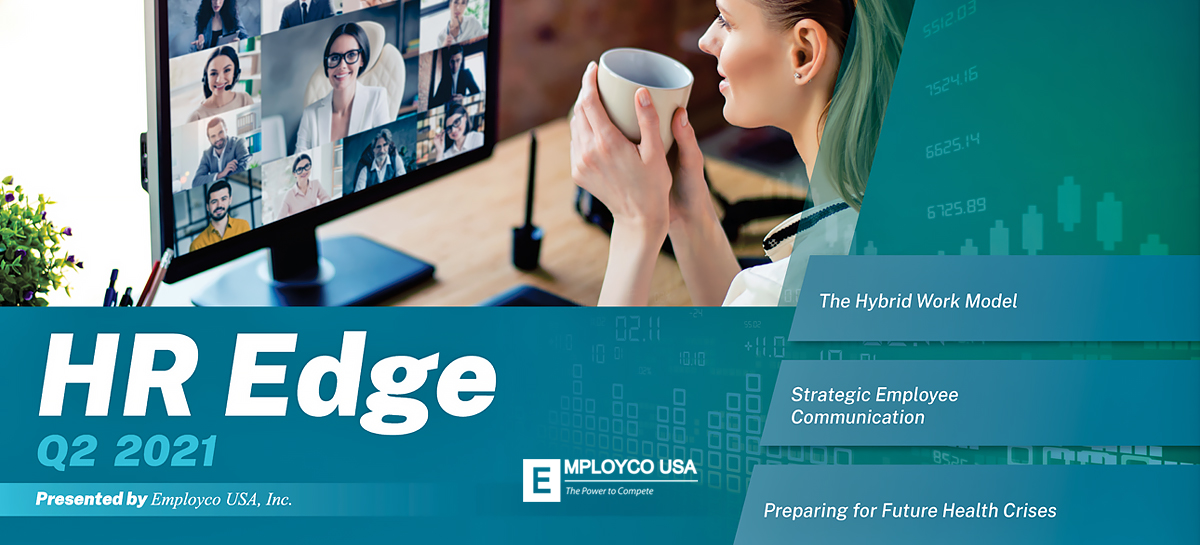
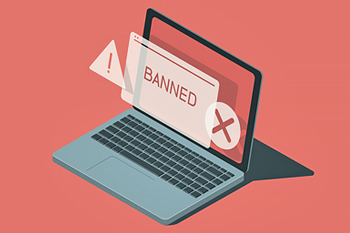 When
When 